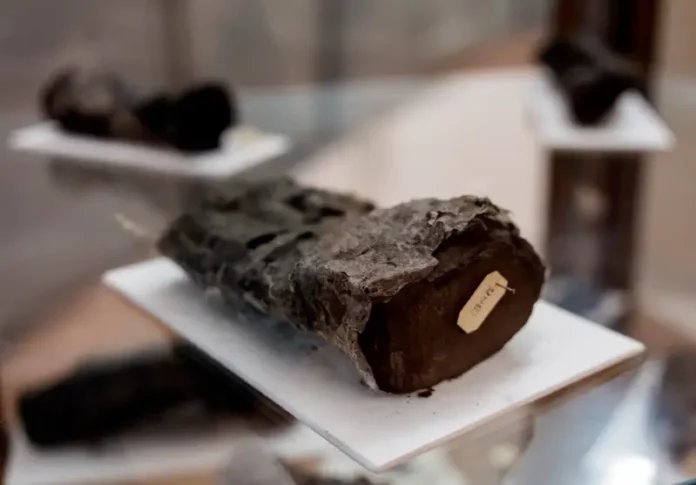In the fateful year of A.D. 79, the catastrophic eruption of Mount Vesuvius forever altered the course of history. While the destruction of Pompeii has been extensively chronicled, the lesser-known city of Herculaneum also fell victim to the volcanic cataclysm, burying a remarkable trove of ancient knowledge beneath layers of ash and debris. Tucked away in a villa thought to have belonged to Julius Caesar’s father-in-law, a library filled with nearly 2,000 papyrus scrolls lay dormant for centuries, waiting to have their secrets unveiled.
The Herculaneum Scrolls: A Tantalizing Trove of Ancient Knowledge
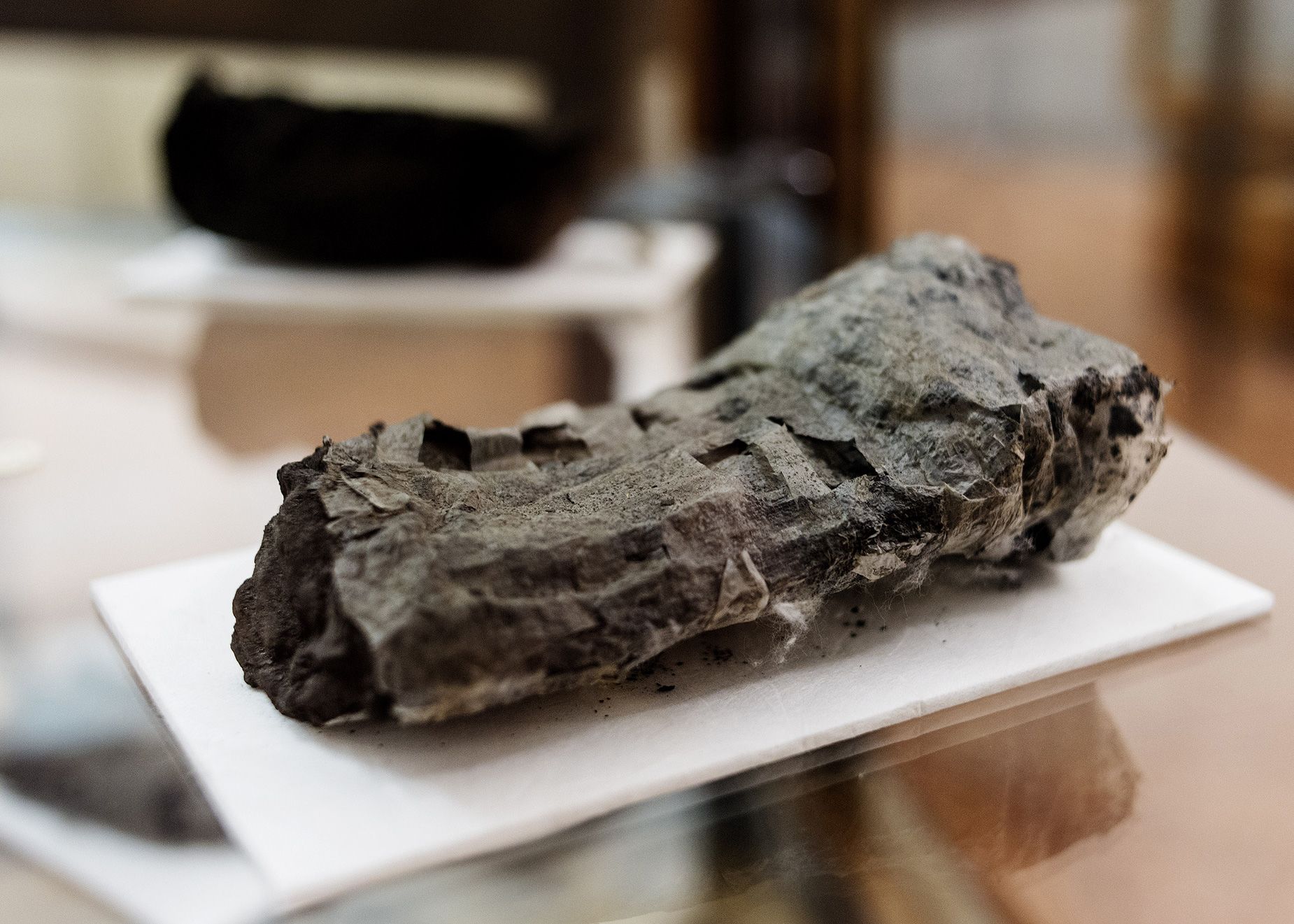
The discovery of the Herculaneum scrolls in the 1700s sent shockwaves through the scholarly community. These fragile, charred remnants of a bygone era held the potential to shed light on the philosophical, scientific, and literary achievements of the ancient world. However, the very nature of their preservation posed a daunting challenge – the volcanic eruption had transformed the scrolls into brittle, tightly-rolled lumps, making them nearly impossible to unravel without risking irreparable damage.
A Technological Breakthrough: Seales’ Virtual Unwrapping Technique
For decades, researchers struggled to find a way to access the scrolls’ internal text without resorting to physically unrolling them. That is, until University of Kentucky professor Brent Seales pioneered a groundbreaking technique that revolutionized the field of ancient text recovery. Seales’ approach, known as “virtual unwrapping,” leveraged powerful X-ray technology and cutting-edge artificial intelligence to digitally unwrap the scrolls, layer by layer, without ever physically touching them.
The Vesuvius Challenge: A Race to Decipher the Scrolls
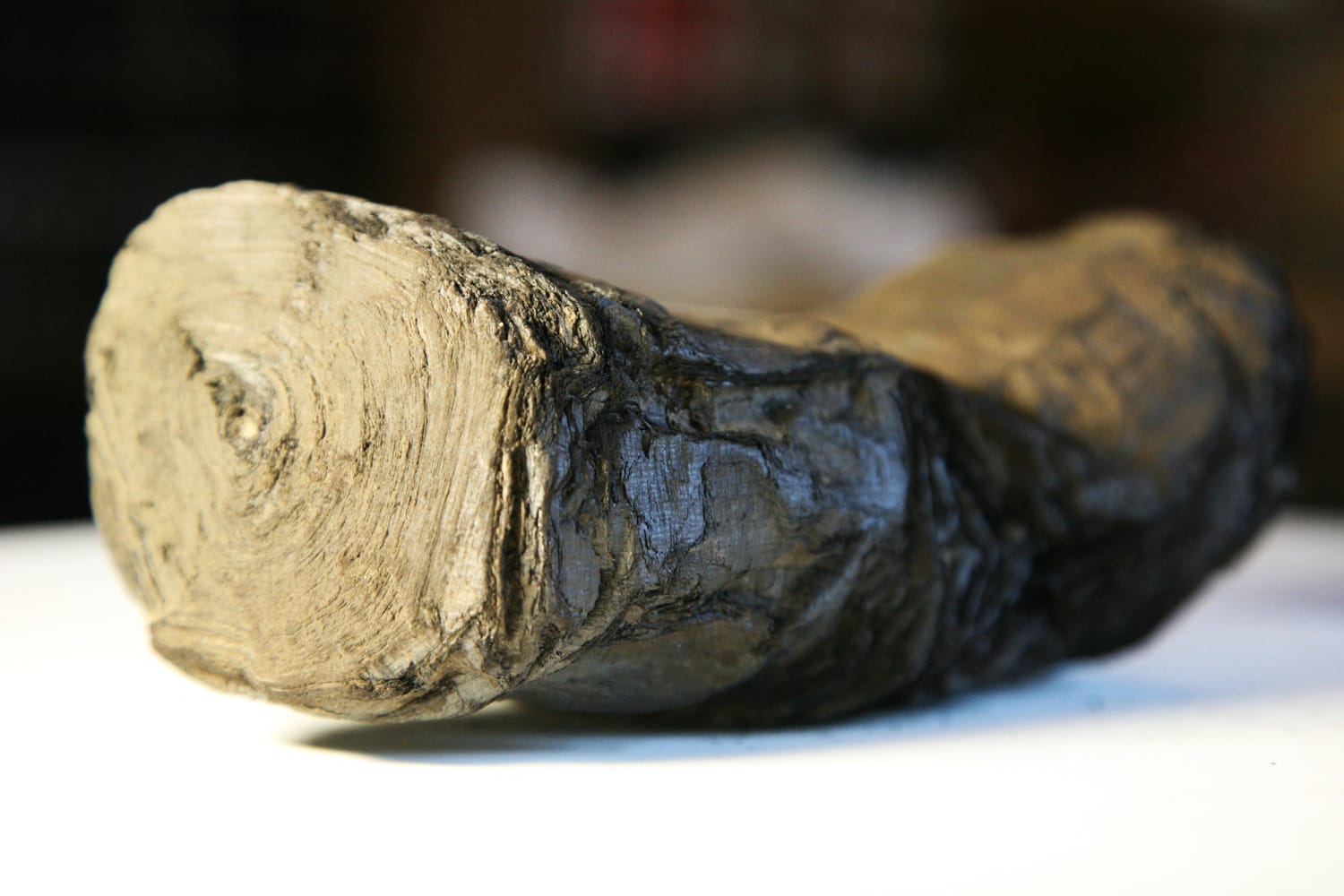
Seales’ work paved the way for a new generation of scholars to tackle the Herculaneum scrolls, and in 2022, he co-founded the Vesuvius Challenge – an international competition aimed at resurrecting the ancient library. The challenge attracted teams of students from around the world, all vying for the chance to unlock the secrets hidden within the scrolls.
The Student Triumphants: Cracking the Code
Among the competitors were three young scholars – Youssef Nader, Luke Farritor, and Julian Schilliger – who brought a fresh perspective and an innovative approach to the challenge. Combining machine learning, computer vision, and Seales’ virtual unwrapping technique, the students successfully deciphered a section of one of the Herculaneum scrolls, revealing a philosophical passage on the nature of pleasure.
The Significance of the Breakthrough
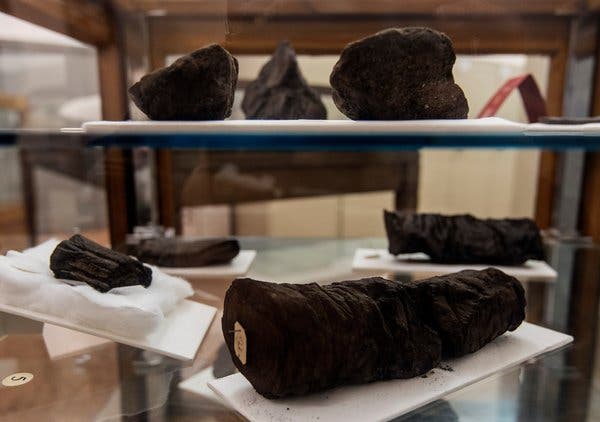
The students’ achievement was a groundbreaking moment in the quest to unlock the Herculaneum scrolls. By demonstrating the power of modern technology to unravel these ancient texts, they have paved the way for further breakthroughs and a deeper understanding of the intellectual and cultural landscape of the ancient world. The scrolls, once thought to be forever inaccessible, now hold the promise of yielding a vast trove of knowledge that could rewrite our understanding of classical antiquity.
The Ongoing Challenge
Despite the students’ remarkable success, the journey to fully decipher the Herculaneum scrolls is far from over. The team’s decipherment accounted for only 5% of a single scroll, leaving the vast majority of the library’s contents still hidden from view. The next phase of the Vesuvius Challenge will reward the first team to decipher 90% of the four scrolls that have been scanned by Seales and his team.
The Scrolls’ Potential Impact
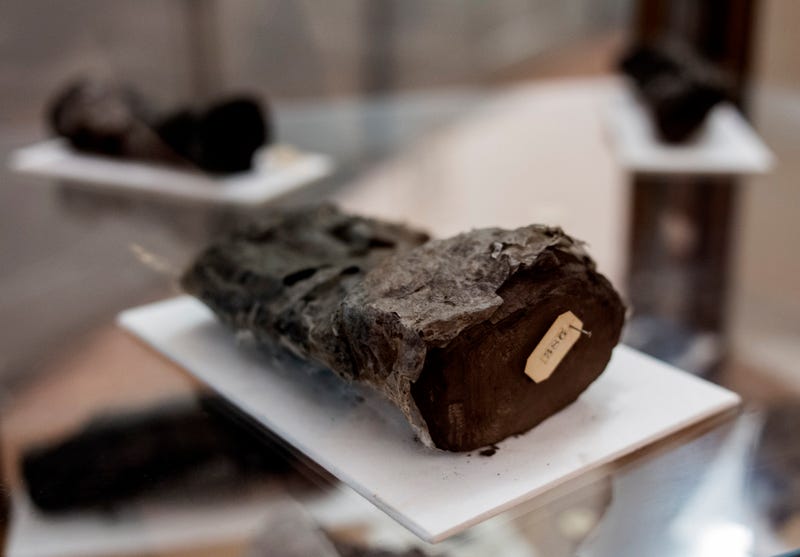
The Herculaneum scrolls represent a unique opportunity to expand our understanding of the ancient world. Within their fragile pages, scholars believe, lie insights into the philosophical, scientific, and literary achievements of classical antiquity. The ability to access these long-lost texts could shed light on the intellectual and cultural landscape of the time, potentially rewriting our understanding of the ancient Mediterranean world.
The Challenges Ahead
While the recent breakthrough has ignited a renewed sense of optimism, the task of fully deciphering the Herculaneum scrolls remains daunting. The scrolls’ fragile condition, the complexity of the virtual unwrapping process, and the sheer volume of material to be analyzed all present significant hurdles. Nonetheless, the dedication and ingenuity of scholars like Brent Seales and the winning Vesuvius Challenge team have demonstrated that these obstacles can be overcome through the creative application of technology and perseverance.
Conclusion
The Herculaneum scrolls stand as a testament to the enduring power of human curiosity and the transformative potential of technological innovation. What was once thought to be an irretrievable trove of ancient knowledge has, through the efforts of pioneering researchers and a new generation of tech-savvy scholars, been brought back to life. As the quest to decipher the scrolls continues, the world waits with bated breath, eager to uncover the secrets that have lain dormant for nearly two millennia. The Herculaneum scrolls hold the promise of unlocking a deeper understanding of our shared human past, and the journey to reveal their secrets remains an enduring challenge that captivates the global scholarly community.
